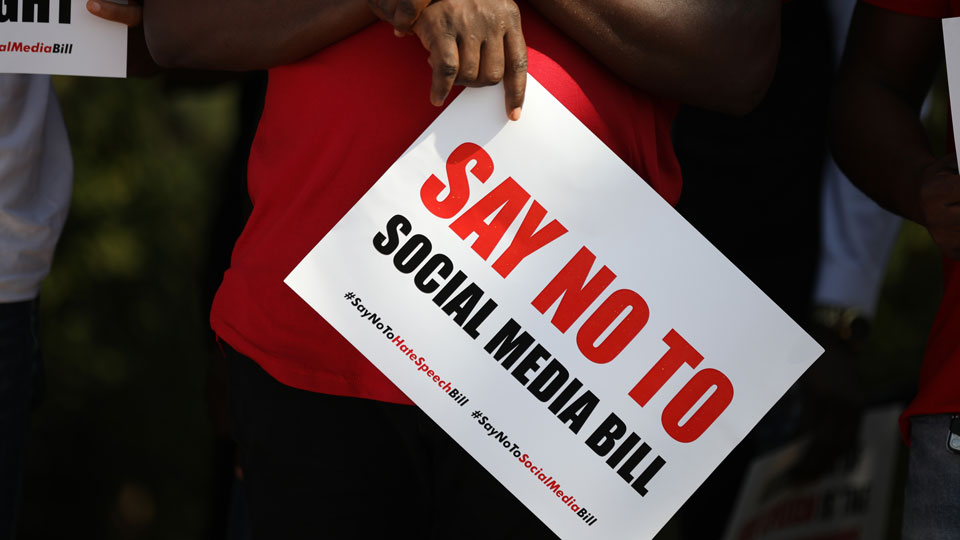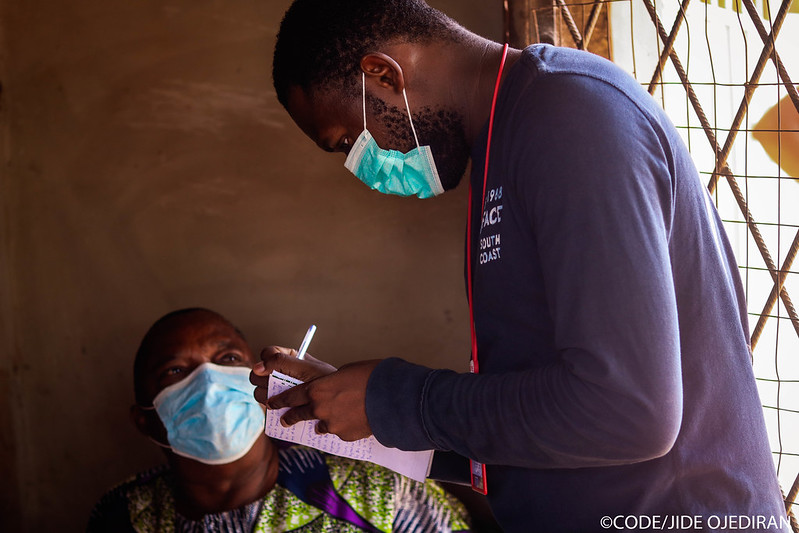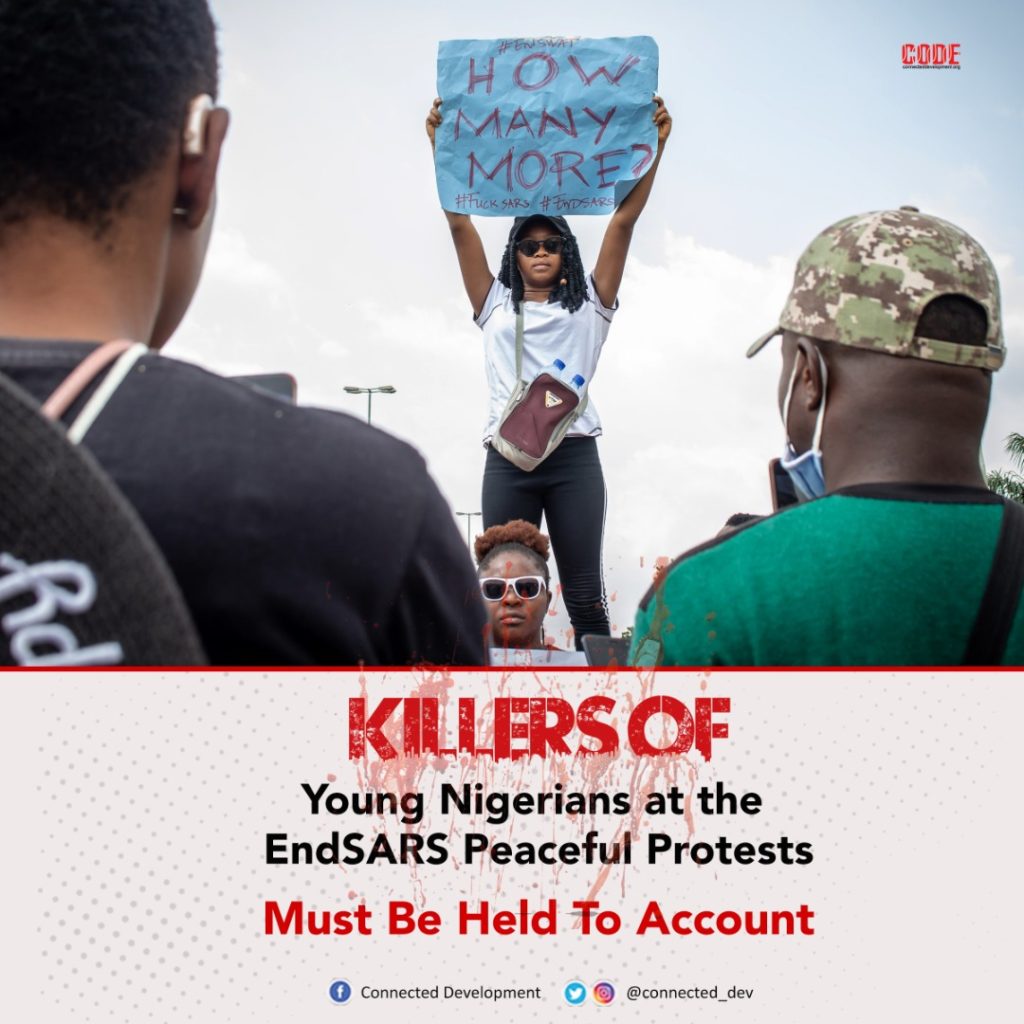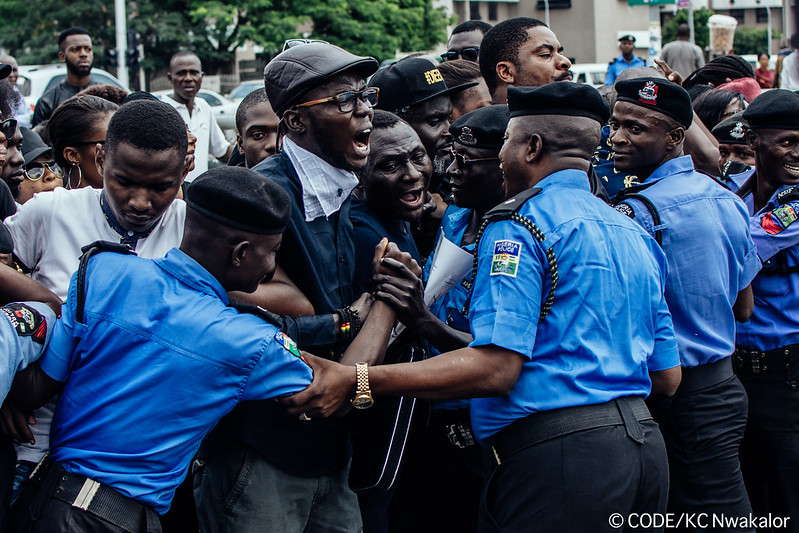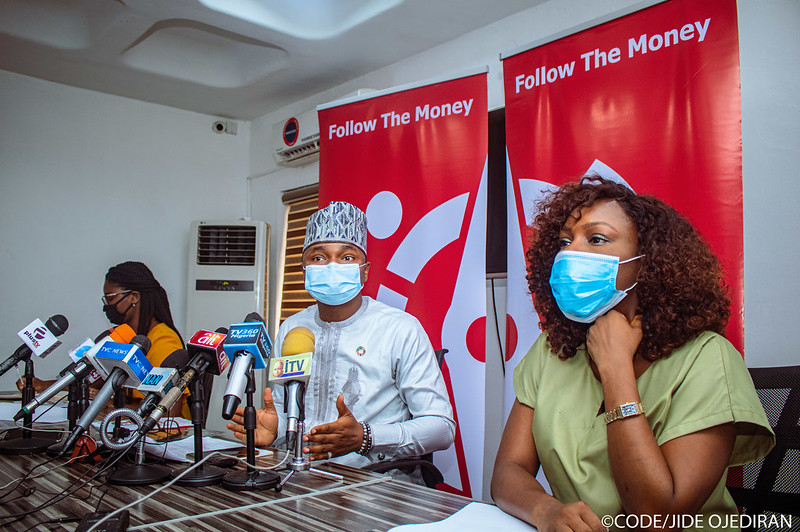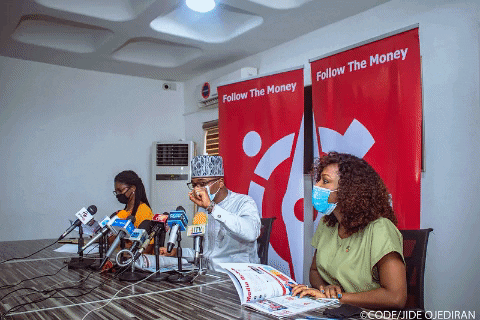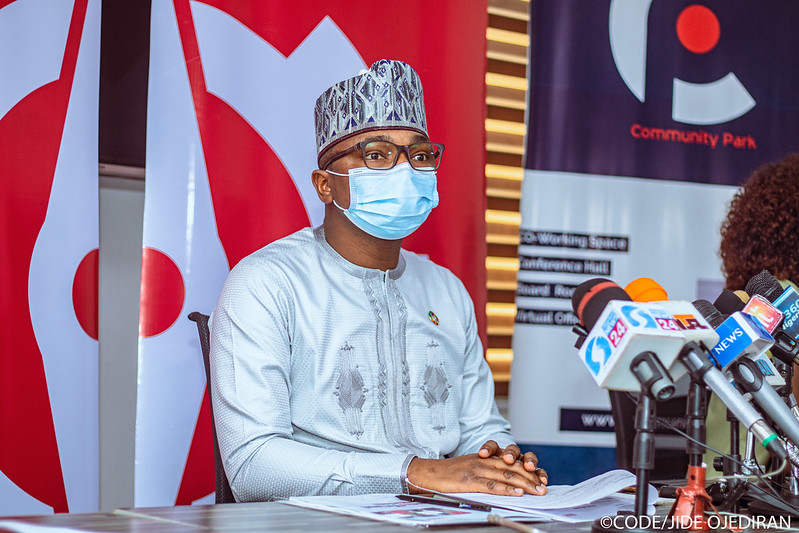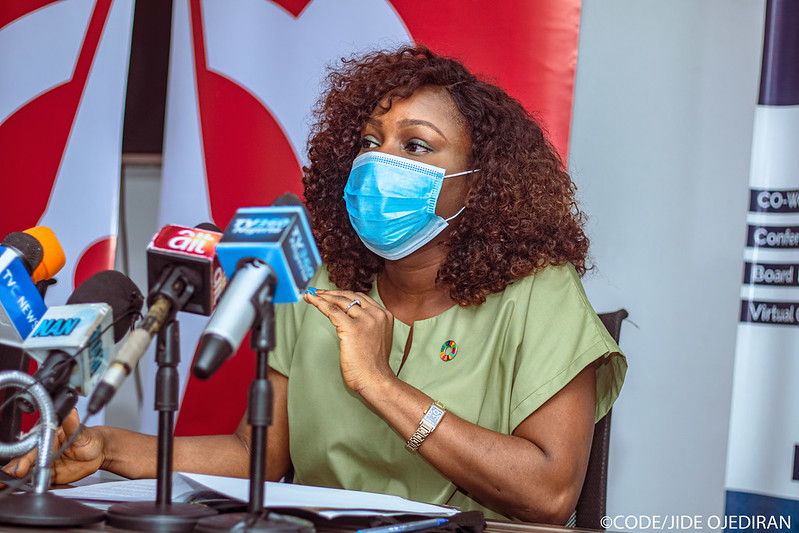The Federal Government of Nigeria has disclosed that it “spent N30,540,563,571.09, representing 84% of the N36.3 billon public funds and donations received to respond to COVID-19 between 1st April, 2020 and 31st July, 2020, leaving the balance of N5.9 billion.”
The Accountant-General of the Federation, Mr. Anthony Ayine stated this in response to the Freedom of Information request dated 10 August, 2020 and sent to him by Socio-Economic Rights and Accountability Project (SERAP) and Connected Development (CODE).
In the letter of response dated 4th September 2020, and signed by SERAP deputy director Kolawole Oluwadare and CODE Chief Executive Hamzat B. Lawal, the organizations said: “We also note among others that the Presidential Task Force on COVID-19 spent N22 billion; and 36 states received N7 billion to support their COVID-19 initiatives.”
The groups said: “We also note that the Nigerian Air Force (NAF) spent N877 million for deployment of assets in support of COVID-19 operations; while the Nigeria Police spent N500 million on personal protective equipment. N17,865.09 was paid as bank charges.”
The response by the groups, read in part: “However, we also note that the documents sent to us do not contain other significant details as indicated in our FoI request dated 10 August, 2020, including details and breakdown of the number of Nigerians who directly or indirectly have benefited from the spending.”
“It is refreshing to note that 115 ordinary Nigerians donated between N1 and N100 to support the authorities’ efforts to fight COVID-19, despite the fact that it is the country’s poorest and most disadvantaged sectors of the population that continue to bear the brunt of the COVID-19 pandemic.”
“This is a huge lesson for public officials and politicians about the idea of public service to one’s country. It also sends a powerful message about the need for politicians to see public service as an opportunity to serve and give something back to the country, and not mismanage, steal or divert the people’s commonwealth for personal benefits.”
“We welcome your demonstrated commitment to transparency and accountability, and hope other public officials and institutions would emulate and learn from the good example you have shown by honouring and respecting FoI as a matter of routine and practice.”
“We would therefore be grateful to receive more specific details and additional information on the spending of N34.4bn between April and July, and details on plans to spend the balance of the balance of N5.9 billion in the COVID-19 Eradication Support Accounts.”
“Of the N36.3bn public funds and donations, N1.4bn came from Nigerians and companies through accounts at the First Bank; Access Bank; GTB, Zenith, and UBA, while N536m donations were made through the Central Bank of Nigeria [CBN]. The N536 donations comprise of N89m and N279m from the Senate and House of Representatives, respectively.”
“In addition, China General Chambers of Commerce in Nigeria donated N48m; the Petroleum Equalization Management Board gave N50m while the Nigerian Content Development and Monitoring Board donated N70m.”
“We would be grateful if the requested details and additional information are provided to us within 7 days of the receipt and/or publication of this letter. If we have not heard from you by then, SERAP and CODE shall take all appropriate legal actions under the Freedom of Information Act and the African Charter on Human and Peoples’ Rights to compel you to comply with our request.”
“We are writing to acknowledge receipt of the undated letter from the Accountant General of the Federation, but received 2nd September, 2020, on the above subject-matter in which the Federal Government provided some information on inflows and outflows of COVID-19 funds, drawn from COVID-19 Eradication Support Accounts. We appreciate your co-operation in this regard.”
Specifically, the groups are asking Mr Ayine to provide to them with the following:
- Details and breakdowns of where the N34.4bn public funds from the Federal Government came from, and whether or not the money was duly appropriated by the National Assembly;
- Details of specific projects and activities on which the Presidential Task Force on COVID-19 has spent the N22.16bn, which represents 72% of the money spent, including how the spending has directly or indirectly benefited Nigerians, as well as details of any such beneficiaries;
- Details and breakdowns of the N7bn given to 36 states, and the specific amount of money collected by each state. This money represents 23% of the total amount spent within 4 months;
- Details and breakdowns of the N877m [2.9% of the money] spent by the Nigerian Air Force for deployment of assets in support of COVID-19 operations, as well as the nature of any such operations;
- Details and breakdowns of the N500m [1.6% of the money] spent by the Nigeria Police on personal protective equipment;
“The Office of the Accountant General of the Federation should also take steps to approach and request from the Presidential Task Force on COVID-19, the Nigerian Air Force, Nigeria Police Force, and the 36 states any of the details highlighted above, if the information is not held by your Office, in line with the provisions of the FoI Act.”
“Under the FoI Act, other public institution or institutions that may be holding the requested information are obligated to provide the information.”
“Please accept the expression of our highest consideration. Thanking you in advance of your urgent attention to the matter.”


